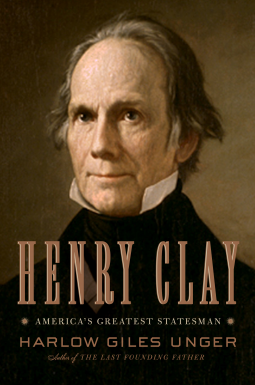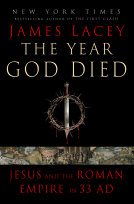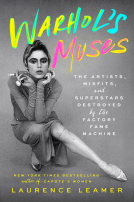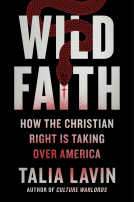
Henry Clay
America's Greatest Statesman
by Harlow Giles Unger
This title was previously available on NetGalley and is now archived.
Send NetGalley books directly to your Kindle or Kindle app
1
To read on a Kindle or Kindle app, please add kindle@netgalley.com as an approved email address to receive files in your Amazon account. Click here for step-by-step instructions.
2
Also find your Kindle email address within your Amazon account, and enter it here.
Pub Date Sep 29 2015 | Archive Date Sep 29 2015
Perseus Books Group, Da Capo Press | Da Capo Press
Description
During five decades of public service—as congressman, senator, secretary of state, and four-time presidential candidate—Clay produced historic compromises that postponed civil war for fifty years. Lincoln called Clay "the man for whom I fought all my life."
Action-packed with dramatic illustrations, Henry Clay is the story of one of the most courageous congressmen in American history.
A Note From the Publisher
Harlow Giles Unger is a former Distinguished Visiting Fellow at George Washington's Mount Vernon. He is the author of more than twenty books and lives in New York.
Marketing Plan
-Online marketing
Available Editions
| EDITION | Hardcover |
| ISBN | 9780306823916 |
| PRICE | $25.99 (USD) |
Featured Reviews
 David W, Reviewer
David W, Reviewer
This is an excellent biography of one of the great figures of American political history. For forty-six years Clay served the people of Kentucky and the people of the United States of America. He served as a Senator, a Congressman, and Secretary of State. In his time he made powerful enemies such as the formidable Andrew Jackson. He also made friends such as Daniel Webster and John C. Calhoun. Though Clay would eventually break with both over policy issues these three men would dominate the Senate for many years.
Harlow Giles Unger has given us a well written introduction to both Clay and the era. With any biography of an important person there will always be something that they readers wants to know more about. The relationship between Clay, Webster, and Calhoun is touched on, but there is so much more to learn. Most of all I wished that the book had taken a deeper look into Clay's views and actions on slavery. Unger mentions that Clay disliked slavery. Yet Clay owned slaves. He also mentioned that Clay often freed his own slaves. Then he would purchase more. This struck me as curious and I wished that I knew more.
All in all this is a very readable book. You do not need to have a knowledge of the time period, but it does help. I recommend this book to everyone with an interest in this fascinating and important period of American History.
















